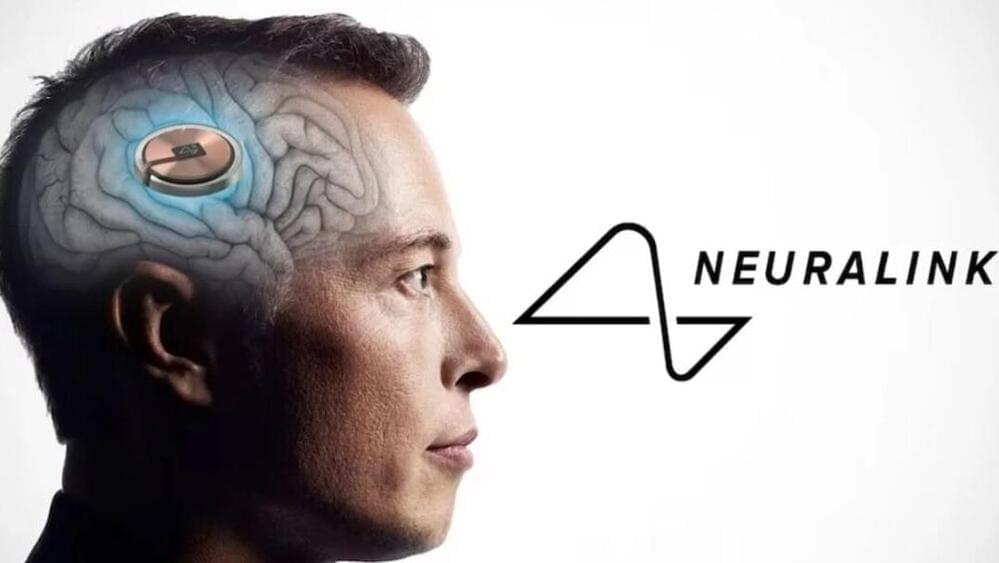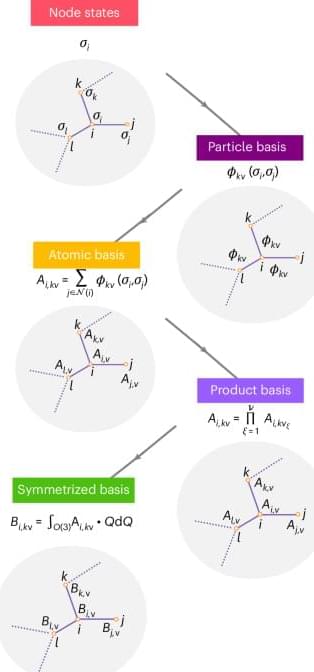Neuralink continues its push in the brain-computer interface space with a third implant, while competitors and researchers accelerate advancements globally.



Molecules haven’t been used in quantum computing, even though they have the potential to make the ultra-high-speed experimental technology even faster. Their rich internal structures were seen as too complicated, too delicate, too unpredictable to manage, so smaller particles have been used.
But a team of Harvard scientists has succeeded for the first time in trapping molecules to perform quantum operations. This feat was accomplished by using ultra-cold polar molecules as qubits, or the fundamental units of information that power the technology. The findings, recently published in the journal Nature, open new realms of possibility for harnessing the complexity of molecular structures for future applications.
“As a field we have been trying to do this for 20 years,” said senior co-author Kang-Kuen Ni, Theodore William Richards Professor of Chemistry and professor of physics. “And we’ve finally been able to do it.”
Click this link https://sponsr.is/bootdev_anastasi and use my code ANASTASI to get 25% off your first payment for boot.dev.
Timestamps:
00:00 — New computing paradigm.
10:02 — How this new chip works.
My course on Technology and Investing ➜ https://www.anastasiintech.com/course.
Let’s connect on LinkedIn ➜ / anastasiintech.

In future, doctors hope the technology could revolutionise the treatment of conditions such as depression, addiction, OCD and epilepsy by rebalancing disrupted patterns of brain activity.
Jacques Carolan, Aria’s programme director, said: “Neurotechnologies can help a much broader range of people than we thought. Helping with treatment resistant depression, epilepsy, addiction, eating disorders, that is the huge opportunity here. We are at a turning point in both the conditions we hope we can treat and the new types of technologies emerging to do that.”
The trial follows rapid advances in brain-computer-interface (BCI) technology, with Elon Musk’s company Neuralink launching a clinical trial in paralysis patients last year and another study restoring communication to stroke patients by translating their thoughts directly into speech.

When used correctly, font selection usually goes unnoticed, blending seamlessly with content and reader. When the One Times Square Billboard used a retired Microsoft Word default Calibri font to usher in 2025’s “Happy New Year” message, it was immediately met with sarcastic scorn and delightful derision for the uninspired choice (at least by people who pay attention to such things). Had the font faux pas been the branding rollout of a new app, product, or company, the consequences might have been more severe.
Hanyang University researchers in Korea have attempted to take the intuition and subjective judgment out of the art of font selection. Using computational tools and network analysis to develop an objective framework for font selection and pairing in design, the researchers aim to establish foundational principles for applying typography in visual communication.
Font choice plays a critical role in visual communication, shaping readability, emotional resonance, and overall design balance across mediums. According to the researchers, designers have traditionally relied on subjective rules for font pairing, such as mixing Serif and Sans-Serif or creating contrast. These rules are difficult to formalize and often apply to only a narrow subset of fonts.


MIT researchers are developing techniques to make quantum gates, the basic operations of a quantum computer, as fast as possible in order to reduce the impact of decoherence. However, as gates get faster, another type of error, arising from counter-rotating dynamics, can be introduced because of the way qubits are controlled using electromagnetic waves.
Single-qubit gates are usually implemented with a resonant pulse, which induces Rabi oscillations between the qubit states. When the pulses are too fast, however, “Rabi gates” are not so consistent, due to unwanted errors from counter-rotating effects. The faster the gate, the more the counter-rotating error is manifest. For low-frequency qubits such as fluxonium, counter-rotating errors limit the fidelity of fast gates.
“Getting rid of these errors was a fun challenge for us,” says Rower. “Initially, Leon had the idea to utilize circularly polarized microwave drives, analogous to circularly polarized light, but realized by controlling the relative phase of charge and flux drives of a superconducting qubit. Such a circularly polarized drive would ideally be immune to counter-rotating errors.”
Patreon: https://www.patreon.com/mattbatwings.
Discord: https://discord.gg/V5KFaF63mV
My socials: https://linktr.ee/mattbatwings.
My texture pack: https://modrinth.com/resourcepack/mattpack.
Original Playlist: https://www.youtube.com/playlist?list=PL5LiOvrbVo8nPTtdXAdSmDWzu85zzdgRT
LRR: (Recommended Prerequisite) https://www.youtube.com/playlist?list=PL5LiOvrbVo8keeEWRZVaHfprU4zQTCsV4
ALL WORLD DOWNLOADS can be found on my Planetminecraft: https://www.planetminecraft.com/member/mattbatwings/
Project Repo: https://github.com/mattbatwings/BatPU-2
Final Instruction Set (Spreadsheet): https://docs.google.com/spreadsheets/d/1Bj3wHV-JifR2vP4HRYoC…8Nm56W4aI/
Final World Download: https://www.planetminecraft.com/project/new-redstone-computer/
Thumbnail made by @Sloimay.
0:00 Intro.
0:17 Episode 1 — Introduction to Computing.
10:23 Episode 2 — The Arithmetic Logic Unit.
26:29 Episode 3 — The Register File.
39:37 Episode 4 — Machine Code & Assembly.
52:28 Episode 5 — Instruction Memory.
1:06:11 Episode 6 — The Program Counter.
1:16:43 Episode 7 — Jumping, Branching, & Flags.
1:34:27 Episode 8 — The Call Stack.
1:45:24 Episode 9 — Data Memory.
1:56:13 Episode 10 — Input & Output.
2:11:46 Episode 11 — Assembly Programming.
Music (in order):
We should reform the educational system to include cognitive and intellectual enhancements for all including nootropic techniques and brain computer interfaces.
Provided to YouTube by AdRevThe Logical Song · SupertrampThe Logical Song℗ 1979 A&MReleased on: 1995–01-01Auto-generated by YouTube.
